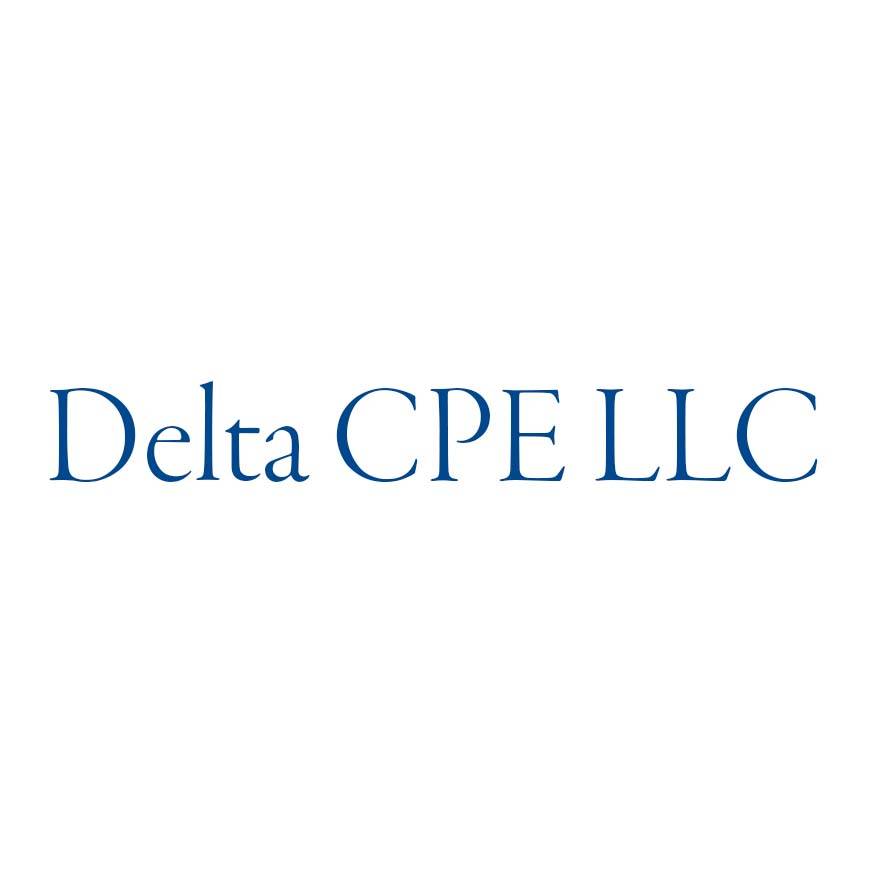

$336.00 – $376.00
Webcasts are available for viewing Monday – Saturday, 8am – 8pm ET.
Without FlexCast, you must start with enough time to finish. (1 Hr/Credit)
The Overall Guide to Investing
Format
Self-Study
Course Level
Basic
CPE Credits
12 Credits: Finance
Course Description
Navigating the intricate world of investment securities can be daunting, especially with the plethora of options available in the market. This course offers a comprehensive solution to this challenge, providing a deep dive into the securities market and the myriad types of investment securities, including stocks, bonds, options, futures, and mutual funds. It agitates the problem of understanding the complex risk-return characteristics of each investment type and presents a thorough analysis of investment principles and tools. By focusing on investment analysis, asset allocation, portfolio selection, and management, this course not only explains what’s available for investment but also delves into the features, advantages, and disadvantages of each investment category. It’s designed for finance professionals looking to demystify the securities market and make informed, suitable investment decisions for themselves and their clients.
Learning Objectives
Course Specifics
3208044
November 30, 2022
Basic Math
None
Compliance Information
CMA Notice: Western CPE makes every attempt to maintain our CMA CPE library, to ensure a course meets your continuing education requirements please visit Insitute of Management Accountants (IMA)
CFP Notice: Not all courses that qualify for CFP® credit are registered by Western CPE. If a course does not have a CFP registration number in the compliance section, the continuing education will need to be individually reported with the CFP Board. For more information on the reporting process, required documentation, processing fee, etc., contact the CFP Board. CFP Professionals must take each course in it’s entirety, the CFP Board DOES NOT accept partial credits for courses.
Meet The Experts

For many years, Delta CPE LLC has offered a wide variety of continuing education courses for financial professionals. Topics covered by Delta’s courses include accounting, financial management, budgeting, investments, financial statement reporting, business management, IFRS, ethics, valuations, real estate, and business writing. The diversity and breadth of Delta’s course offerings make the company a prolific and unique contributor to the CPE world. Delta’s well-credentialed authors and contributors have also been published in numerous academic and professional journals and quoted by some of the leading financial media outlets.
Related Courses
-
 Finance
Finance
The CFO Guidebook
Steven M. Bragg, CPA QAS Self-Study
Credits: 22 $440.00
QAS Self-Study
Credits: 22 $440.00$440.00 – $480.00
-
 Finance
Finance
Real Estate Financing and Investment
Delta CPE LLC QAS Self-Study
Credits: 4 $116.00
QAS Self-Study
Credits: 4 $116.00$116.00 – $136.00
-
 Finance
Finance
Personal Financial Planning for Accountants
Delta CPE LLC QAS Self-Study
Credits: 17 $391.00
QAS Self-Study
Credits: 17 $391.00$391.00 – $431.00
